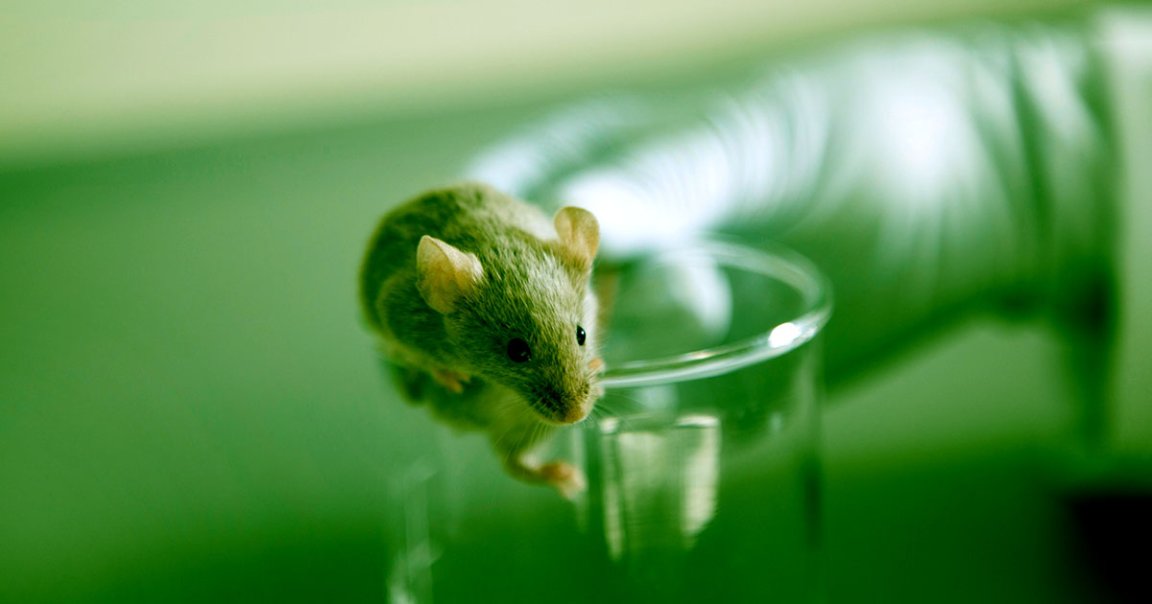
San Diego-based biotech startup Rejuvenate Bio is making a major claim that’ll likely draw heated scrutiny from the scientific community: that its technology was able to significantly extend the lives of elderly mice.
According to a yet-to-be-peer-reviewed paper, scientists at the company say an injection that reprograms genes in the bodies of senior mice effectively doubled their remaining life span, MIT Technology Review reports.
In tests, the company found that treated mice lived on for another 18 weeks on average. Those who were not treated in a control group only lived for another nine weeks. Overall, they say, the gene hacked mice lived roughly seven percent longer overall.
The treatment works by exposing the mice’s cells to various proteins that are usually found in early-stage embryos, altering their genetic properties. Japanese biologist Shinya Yamanaka came up with this technique in 2012, which earned him a Nobel Prize.
But before we can celebrate Rejuvenate Bio’s discoveries as a scientific breakthrough, outside researchers will need to go through the startup’s claims with a fine-toothed comb.
For one, we still don’t fully understand the risks of reprogramming genes in this manner. Some tests have already shown to cause cancer in mice, as MIT Tech points out. And, at the end of the day, mice are tiny and shortlived compared to humans.
The company, though, is psyched.
“This is a powerful technology, and here is the proof of concept,” Rejuvenate Bio CEO Noah Davidson told MIT Tech. “I wanted to show that it’s actually something we can do in our elderly population.”
Previous experiments by the Salk Institute have shown that mice suffering from a premature aging condition were able to live longer after receiving the treatment.
But does it work for healthy mice as well? Despite years of research by various groups, the answer remains hazy.
“Different groups have tried this experiment ,and the data have not been positive so far,” Alejandro Ocampo, a biologist at the University of Lausanne, in Switzerland, who was involved in the Salk Institute experiments, told MIT Tech.
Rejuvenate Bio argues that its technique is different. The reprogramming is being done using gene therapy, which, as Davidson claims, makes it more like treatments humans and not just mice could eventually receive.
The company is working on similar therapies for both pet dogs and humans suffering from specific medical conditions including heart failure.
READ MORE: This biotech startup says mice live longer after genetic reprogramming [MIT Technology Review]
More on rejuvenation: Doctors Impressed by Drugs That Rejuvenate Immune System